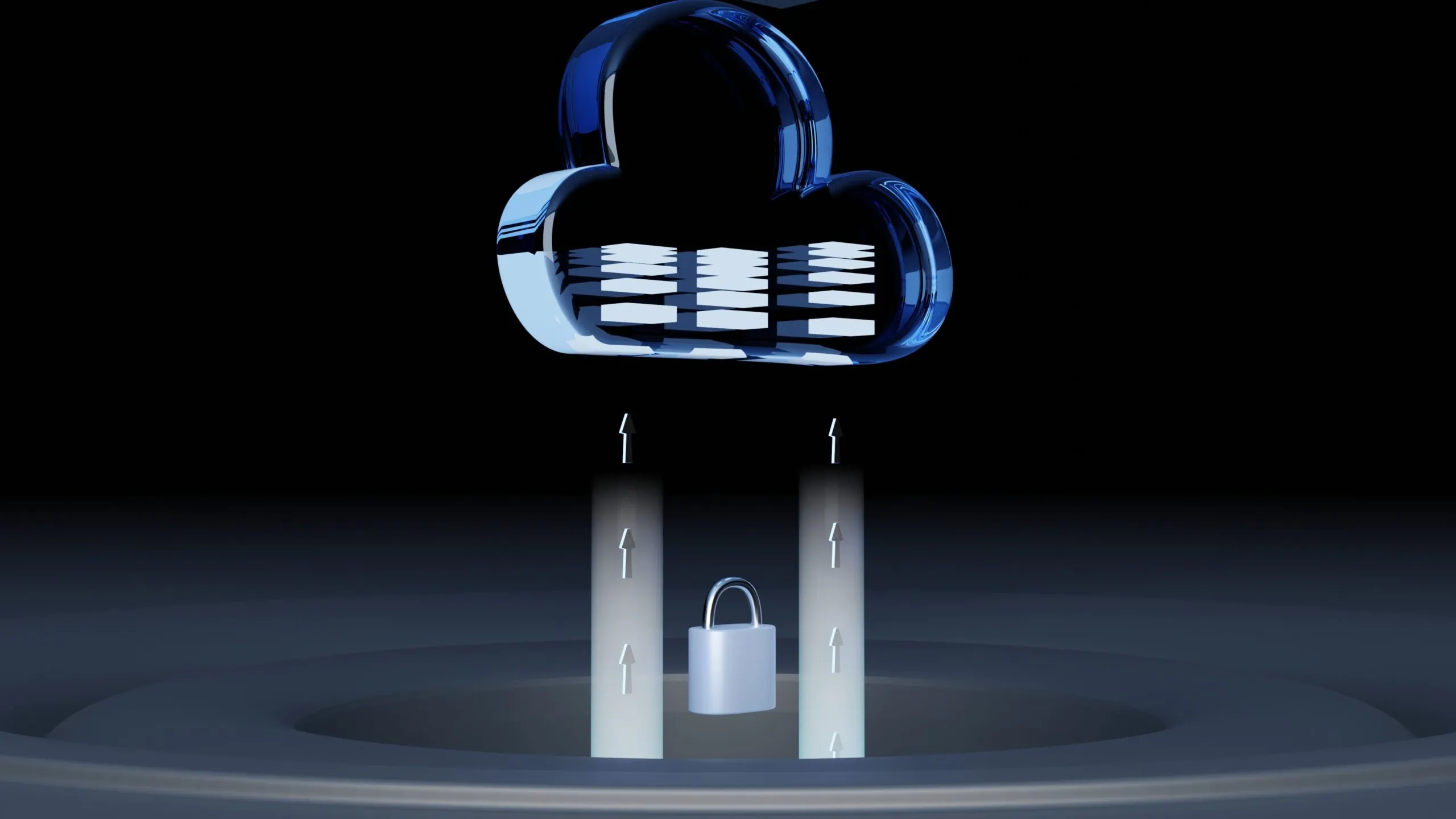Introduction: What Aspect Is the Most Important for Cloud Security
What Aspect Is the Most Important for Cloud Security? Cloud security is a critical concern for businesses today, as more and more companies move their data and applications to the cloud. While cloud computing offers many benefits, including increased scalability and flexibility, it also poses unique security risks. As a result, it’s essential to prioritize security when implementing cloud solutions.
When it comes to cloud security, there are many important aspects to consider, including data encryption, access control, and network security. However, one aspect stands out as the most crucial: identity and access management (IAM). IAM refers to the processes and technologies used to manage and control access to cloud resources, such as applications and data.
IAM is critical for cloud security because it ensures that only authorized users can access sensitive data and applications. It also helps prevent unauthorized access and data breaches, which can be costly and damaging to a business’s reputation. In this blog, we’ll explore why IAM is the most important aspect of cloud security and how businesses can implement effective IAM strategies to protect their cloud environments.

Understanding the Importance of Encryption for Cloud Security
Nowadays, businesses are relying more and more on cloud computing to store and access their data. However, with this convenience comes the risk of cyber attacks and data breaches. That’s where encryption comes in. Encryption is the process of converting data into a code to prevent unauthorized access. It is an essential component of cloud security and helps ensure the confidentiality, integrity, and availability of data.
Encryption works by using an algorithm to convert plain text into an unintelligible code that can only be deciphered with a key. This key is kept secure and only authorized users have access to it. With encryption, even if a hacker gains access to the data, they won’t be able to read it without the key. Encryption is particularly important for sensitive data such as financial information, personal information, and intellectual property. By understanding the importance of encryption for cloud security, businesses can take steps to protect their data and minimize the risk of cyber attacks.

Implementing Multi-Factor Authentication to Enhance Cloud Security
In today’s digital world, cloud computing has become an integral part of many businesses. However, with the increasing use of cloud services, the risk of cyber-attacks has also increased. To protect sensitive data, it is essential to implement multi-factor authentication (MFA) to enhance cloud security.
MFA is a security process that requires users to provide two or more authentication factors to access a system. These factors can include something you know (password), something you have (smartphone), or something you are (biometric data). By requiring multiple factors, MFA adds an extra layer of security to cloud services, making it more difficult for hackers to gain access to sensitive data. Implementing MFA is a simple yet effective way to enhance cloud security and protect your business from cyber-attacks.

The Role of Access Controls in Securing Cloud Environments
Access controls are an essential part of securing cloud environments. These controls help to ensure that only authorized users can access sensitive data and applications. Access controls can be implemented at various levels, including the network, application, and data levels. At the network level, access controls can be used to restrict access to specific IP addresses or ranges. This helps to prevent unauthorized access to the cloud environment. At the application level, access controls can be used to restrict access to specific applications or features within applications. This helps to ensure that only authorized users can access sensitive data and applications. At the data level, access controls can be used to restrict access to specific files or folders. This helps to ensure that only authorized users can access sensitive data. Access controls can also be used to monitor and track user activity within the cloud environment. This helps to detect and prevent unauthorized access or malicious activity.

Best Practices for Secure Cloud Configuration Management
As more organizations move their data and applications to the cloud, it’s crucial to ensure that their cloud configuration management is secure. Cloud configuration management refers to the process of configuring and managing cloud resources to ensure they meet security and compliance standards. Here are some best practices for secure cloud configuration management:
First, it’s essential to have a clear understanding of the cloud environment and its security requirements. This includes knowing who has access to what resources and how data is stored and transmitted. It’s also important to ensure that all cloud resources are properly configured and updated to prevent vulnerabilities. Second, organizations should implement a strong access control policy, including multi-factor authentication and role-based access control. This ensures that only authorized personnel can access sensitive data and resources. Lastly, regular monitoring and auditing of the cloud environment can help detect any potential security threats and ensure compliance with industry regulations. By following these best practices, organizations can ensure the security and integrity of their cloud environment.

Managing Cloud Security Risks with Regular Vulnerability Assessments
In today’s world, businesses are relying more and more on cloud technology to store and process their data. While this technology offers many benefits, it also comes with its own set of risks. Cyberattacks and data breaches are becoming increasingly common, and businesses need to take steps to protect themselves. One of the best ways to manage cloud security risks is through regular vulnerability assessments.
Vulnerability assessments are a way to identify weaknesses in a company’s security infrastructure. By regularly conducting these assessments, businesses can stay on top of potential threats and address them before they become major issues. This proactive approach can save businesses time, money, and headaches in the long run. Additionally, vulnerability assessments can help businesses comply with regulations and industry standards, which is becoming increasingly important as data privacy laws continue to evolve. By prioritizing cloud security and conducting regular vulnerability assessments, businesses can protect themselves and their customers from potential cyber threats.

Cloud Security Incident Response: Preparing for the Worst
As more and more businesses move their data and applications to the cloud, the importance of cloud security incident response cannot be overemphasized. A security incident can occur at any time, and if not handled properly, it can lead to devastating consequences for your business. That’s why it’s essential to have a plan in place to respond to security incidents and mitigate their impact.
Preparing for the worst starts with identifying potential security threats and vulnerabilities. This requires a thorough risk assessment to determine the likelihood and potential impact of different types of security incidents. Once you have identified the risks, you need to develop a comprehensive incident response plan that outlines the steps to take in the event of a security incident. This plan should include procedures for detecting and reporting incidents, as well as steps for containing and mitigating the damage. Regular testing and training can help ensure that your incident response plan is effective and that your team is prepared to respond to a security incident quickly and effectively. By taking proactive steps to prepare for the worst, you can help protect your business from the potentially devastating consequences of a security incident in the cloud.

Conclusion: What Aspect Is the Most Important for Cloud Security
What Aspect Is the Most Important for Cloud Security? In conclusion, when it comes to cloud security, the most important aspect is the implementation of strong access control measures. Access control refers to the process of restricting access to certain resources and data based on user identity and privileges. It is critical to ensure that only authorized individuals have access to sensitive information stored in the cloud.
Effective access control measures include multi-factor authentication, role-based access control, and encryption. Multi-factor authentication requires users to provide two or more forms of identification before accessing data, while role-based access control limits access based on an individual’s job responsibilities. Encryption is also crucial, as it ensures that data cannot be accessed by unauthorized individuals even if it is intercepted.
Overall, while there are many important aspects to consider when it comes to cloud security, the implementation of strong access control measures is the most crucial. By ensuring that only authorized individuals have access to sensitive data, businesses can protect themselves from potential security breaches and safeguard their reputation.






